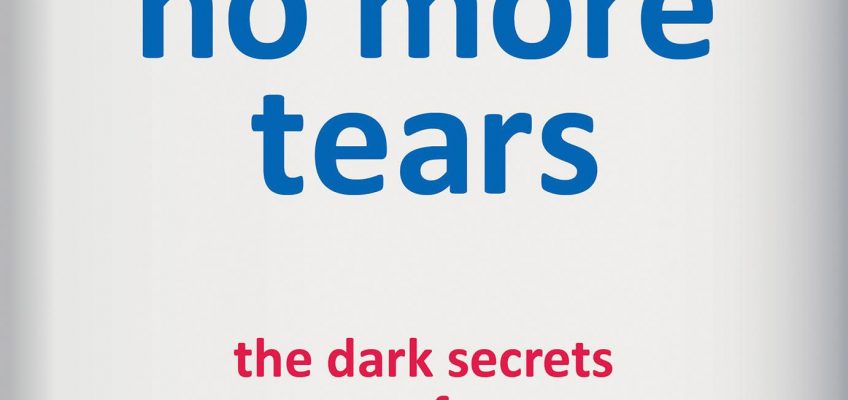By ANDREW DeMILLO
Health care giant Johnson & Johnson is one of the most well-known and respected brands, and its response to the 1982 tampering of Tylenol bottles that killed seven people is held up in business schools as a model.
Related Articles
34 new books in our spring 2025 preview to add to your TBR pile
Readers and writers: Haunting tale set in Lake Superior lighthouse is must-read
Literary calendar for week of April 6
Literary picks for week of April 6: ‘Great Gatsby’ readings
Live reading of ‘Great Gatsby’ kicks off events marking 100th anniversary
But in “No More Tears: The Dark Secrets of Johnson & Johnson,” veteran reporter Gardiner Harris uses his investigative skills to scrutinize the legacy of the company, as well as that of federal regulators. What he unveils is a damning portrait.
It’s a story that Harris writes “has been hiding in plain sight for a very long time,” but his comprehensively reported and researched book goes much further.
Harris takes a deeper dive in looking at Johnson & Johnson’s history, including the story behind the litigation against the company that it settled for billions of dollars over its baby powder containing talc powder.
He details a litany of controversies involving the company ranging from the effects of its anti-psychotic drug Risperdal to the company’s role in the nation’s opioid crisis.
But Harris doesn’t spare others from scrutiny or criticism with his book. Namely, he focuses on what he calls the false mythology of the Food and Drug Administration, detailing times when the agency fell short of protecting consumers.
He also trains his eye on the American media itself, noting ways that reporters at times portrayed the FDA’s actions against drugmakers as tougher than they really were.
Harris’ book provides a valuable history that’s not limited to Johnson & Johnson, and helps for a broader understanding of today’s health care system.
AP book reviews: https://apnews.com/hub/book-reviews


Leave a Reply